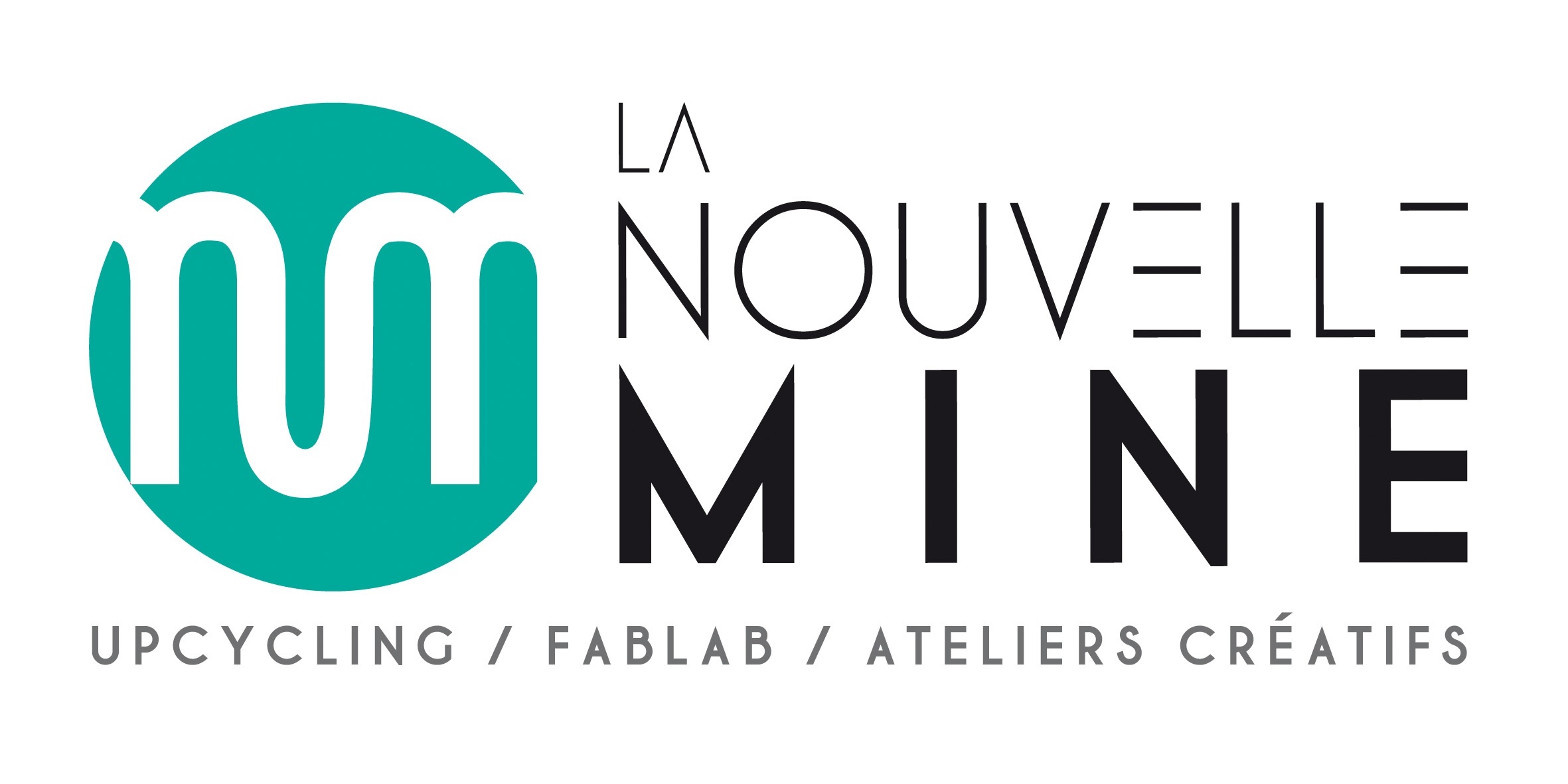Individuals and study establishing
, (2) coping with HIV, (3) was indeed in a intimate relationship with other ladies in the last 12 months, (4) which they self-identified as lesbian, and (5) had been happy to provide informed consent to engage, like the audio-recording regarding the meeting.
Semi-structured in-depth interviews had been carried out from October 2010 to February 2011 with twenty-four (24) self-identifying lesbians living with HIV in Namibia, Southern Africa and Zimbabwe. Almost all (16) of this individuals lived in Southern Africa and four within the two other nations. Southern Africa has a more substantial amount of LGBT organisations significantly more than any country into the continent. The nation’s modern rules get this to feasible. There were four South organisations that are african in the investigation team addressing various provinces associated with nation when compared with only 1 organization each in Namibia and Zimbabwe. As a result of organisational ability between 4 to 6 individuals from each organization were recruited towards the research.
Ethical factors
Ethical factors had been crucial to the research. During workout sessions, the complete team talked about in more detail the necessity of informing individuals about their participation into the research and getting informed permission. Privacy was highly emphasised, as much ladies are now living in contexts had been both their intimate orientation and HIV good status are very stigmatised. The liberties of individuals to not respond to any concern they certainly were uncomfortable with were also talked about and upheld. Each organization additionally ensured that there have been opportunities for recommendations to partner that is relevant for all those individuals whom experienced stress after and during the meeting. These additionally must be addressed with sensitiveness in order perhaps maybe perhaps not to `out’ any participant who was simply perhaps not prepared to reveal either their intimate orientation or HIV status to a party that is third. Penned permission ended up being acquired from all individuals. The study Ethics Committee during the Human Sciences analysis Council (HSRC) in Southern Africa authorized all scholarly research procedures.
Preparatory tasks
Interviewers had been people in neighborhood LGBT organisations within the three nations in which the extensive research was performed. All interviewers attended workshops that are training by the investigation group (including the writers). Working out sessions and conversations included subjects on research ethics, recruitment methods and performing interviews.
Working out sessions produced well-crafted interview schedules that might be found in all settings while additionally tailored to handle context-specific realities. Specific attention had been compensated to your terminologies utilized and just how these will be locally translatable or otherwise not. Best ended up being the rejection for the term WSW (women who possess intercourse with females) due to its alienating features in lots of the contexts. People argued that it was not used among their organisations’ constituencies and thus not relevant for this research while they saw its relevance in public health discourse. Comparable concern is expressed about MSM groups in HIV research into the continent (Reddy, Sandfort and Rispel 2009). Therefore, with regards to the research findings, we don’t speak about women that have sexual intercourse with females. The expression lesbian, along with socially japanese shemale ascribed nuances that are local contextual distinctions, ended up being more appreciated and used by many organisations along with the individuals they served.
Through rigorous training and instrument-development sessions, people debated ways that questions that are particular be insensitive, contextually unimportant or alienating. The structured meeting schedule and permission types had been piloted among fifteen folks from Botswana, Southern Africa, Zimbabwe and Namibia (recognising that in the long run we have been reporting on information generated by three countries). All the partner organisations had a focal contact individual who had been accountable for the analysis within their area.
The study procedure additionally included a monitoring that is regular in addition to regular help to interviewers through the duration of the analysis. As suggested previous, the main benefit of collaborating with community-based organisations is the fact that they comprehend and comprehend the characteristics of the contexts that are own could implement the investigation with techniques which are delicate and culturally appropriate.
